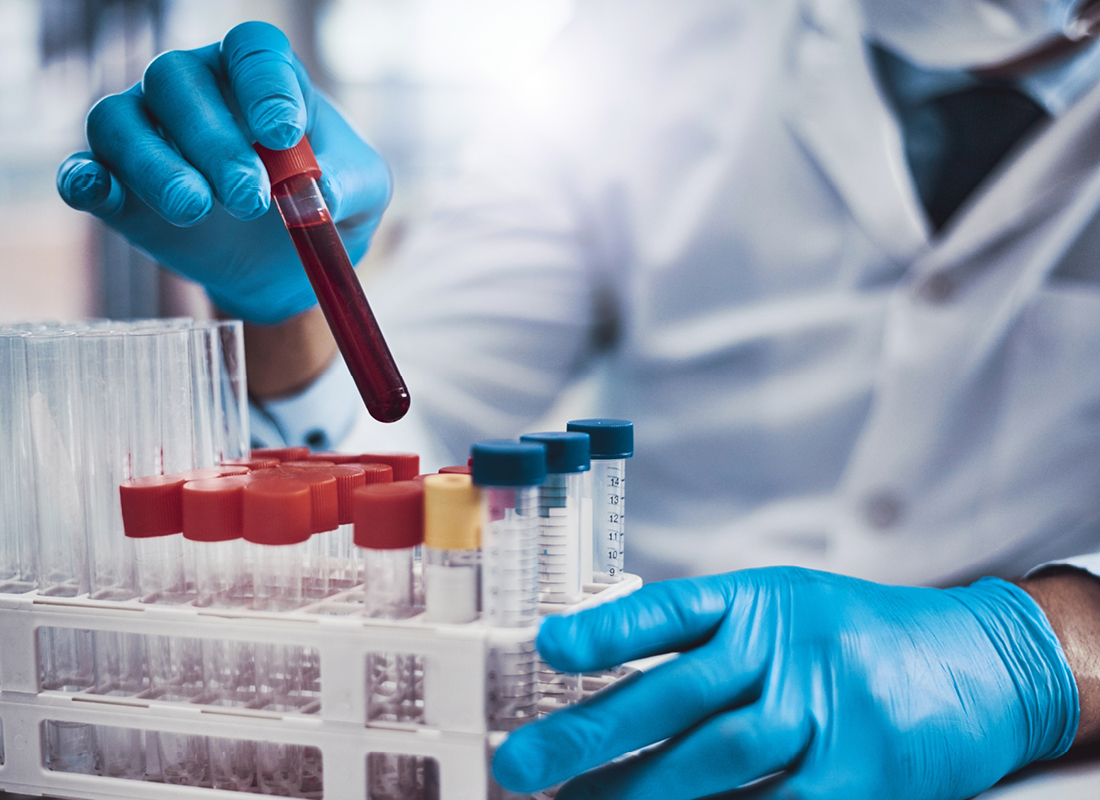Specimen Collection and Handling Threatens Integrity of Diagnostics and Biomedical Research
From - National Intelligence Report The massive amounts of data being created by diagnostics and the challenges and opportunities this data presents was the focus of… . . . read more

By Kelly A. Briganti, Editorial Director, G2 Intelligence
The massive amounts of data being created by diagnostics and the challenges and opportunities this data presents was the focus of a one-day workshop hosted April 6 in Chandler, Arizona, by G2 Intelligence and Arizona State University’s International School of Biomedical Diagnostics. The Rise of Informatics and the Lab Workforce of the Future addressed the need for standards concerning data to realize the goals of precision medicine, how laboratories can profit from big data and establish their informatics programs, and acquiring the right talent to lead informatics initiatives.
Reproducibility of published papers and reliability of patient specimens were challenges regarding diagnostic data that resonated throughout the workshop and the Lab Revolution conference sessions in the days that followed the workshop. Keynote speaker Dr. Anna Barker discussed data quality and integrity and noted the impact lack of reproducibility has on molecular diagnostics development. Irreproducibility of published papers and quality of specimens were the centerpiece of a presentation by Dr. Carolyn Compton, who asserted “for the biomedical business flipping a coin is … superior to reading Science or Nature in making business decisions.” She explained the various pre-acquisition and post-acquisition factors that can affect specimen quality and the ability to identify biomarkers. Citing a dearth of standards concerning patient samples, she indicated, “the bar for specimen quality is going nowhere but up.”
Compton and Barker both are working toward a solution to this problem through their efforts with the National Biomarker Development Alliance (NBDA). Dr. Barker is the President and Director, and Dr. Compton serves as Chief Medical Officer, for the NBDA, whose goal is an end-to-end, standards-based approach to biomarker development.
Subscribe to view Essential
Start a Free Trial for immediate access to this article